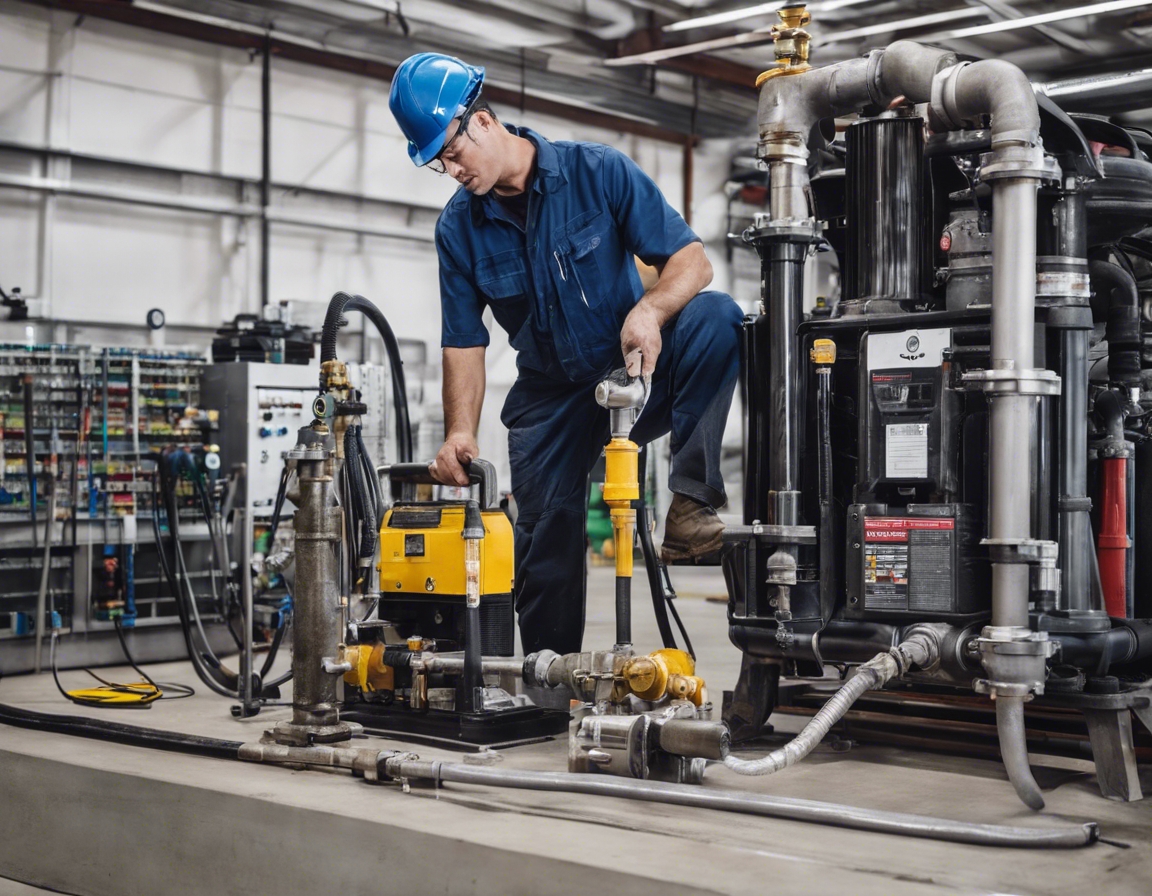The future of sustainable water systems
As the global population continues to grow and climate change impacts water availability, the need for sustainable water systems has never been more critical. Sustainable water systems are designed to meet current water needs without compromising the ability of future generations to meet their own. They encompass a range of technologies and practices aimed at efficient water use, treatment, and management.
Water scarcity affects more than 40% of the global population, a figure that is projected to rise. Overuse and pollution of water resources have led to diminished supplies of potable water, necessitating a shift towards more sustainable practices.
Advancements in technology are key to developing sustainable water systems. Innovations such as IoT sensors, AI, and big data analytics are revolutionizing the way we manage water resources, leading to greater efficiency and reduced waste.
Emerging Trends in Sustainable Water Systems
Decentralized water treatment systems allow for local treatment of water at or near the point of use, reducing the need for extensive infrastructure and transportation. These systems are particularly beneficial for remote communities and can be tailored to the specific needs of an area.
Smart water management systems utilize real-time data monitoring and automated controls to optimize water usage and reduce leakage and waste. These systems can be integrated into existing infrastructure, making them a cost-effective solution for water conservation.
Reusing and recycling water for non-potable purposes, such as irrigation and industrial processes, can significantly reduce the demand for freshwater. Technologies for water purification and treatment are making this more feasible and safe.
Desalination has traditionally been energy-intensive, but new methods are emerging that are more energy-efficient, making it a more viable option for expanding water supplies, especially in arid regions.
Innovative Solutions for Water Conservation
Rainwater harvesting systems collect and store rainwater for later use, reducing dependence on municipal water supplies and mitigating the impact of droughts.
Greywater systems recycle water from baths, sinks, and washing machines for use in irrigation and flushing toilets, further reducing the demand for freshwater.
Advances in irrigation technology, such as drip and precision irrigation, deliver water directly to plant roots, minimizing evaporation and runoff, and maximizing water efficiency.
Regulatory and Policy Frameworks
International standards and guidelines play a crucial role in promoting sustainable water management practices worldwide. They provide a framework for countries to develop their own regulations and encourage global cooperation on water sustainability issues.
Local regulations and incentives can drive the adoption of sustainable water systems by providing financial support and regulatory guidance for individuals and businesses looking to invest in these technologies.
Challenges and Considerations
The initial investment in sustainable water systems can be significant, but long-term savings and environmental benefits often outweigh the upfront costs. Financing options and incentives can help mitigate these expenses.
Public awareness and education are essential for the widespread adoption of sustainable water practices. Understanding the importance and benefits of sustainable water management can encourage more people to take action.
While sustainable water systems are designed to be low-maintenance, regular checks and upkeep are necessary to ensure their efficiency and longevity. Professional expertise is crucial in designing, installing, and maintaining these systems.






Comments (0)